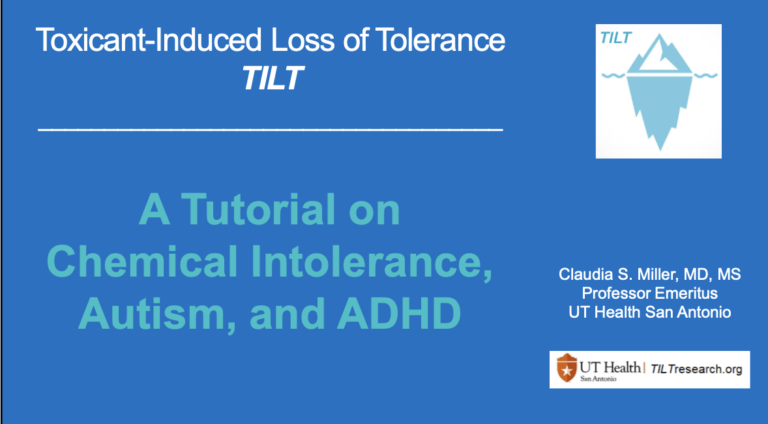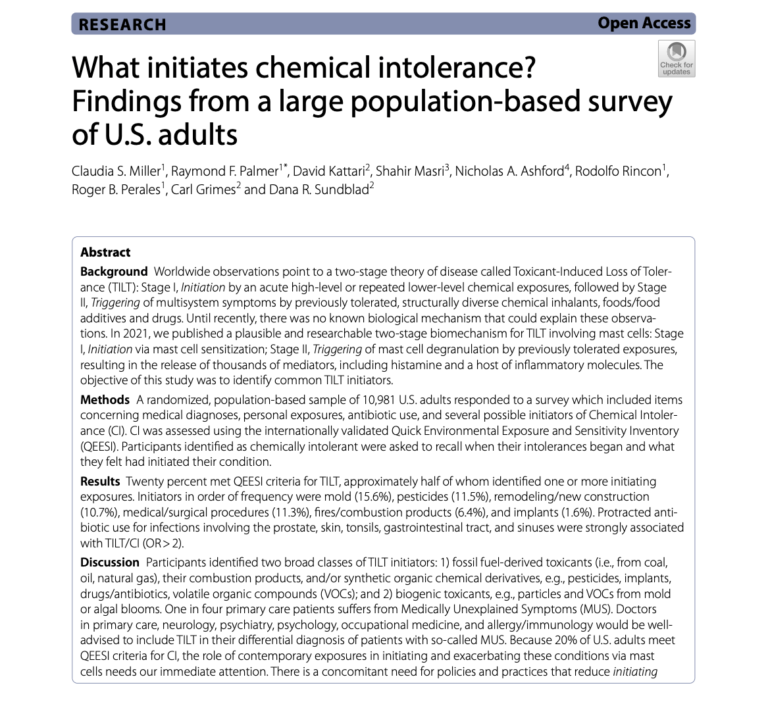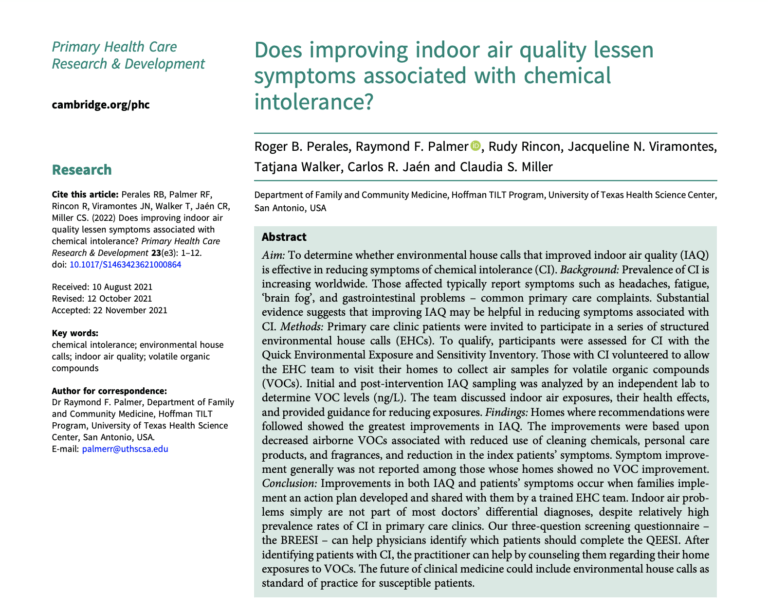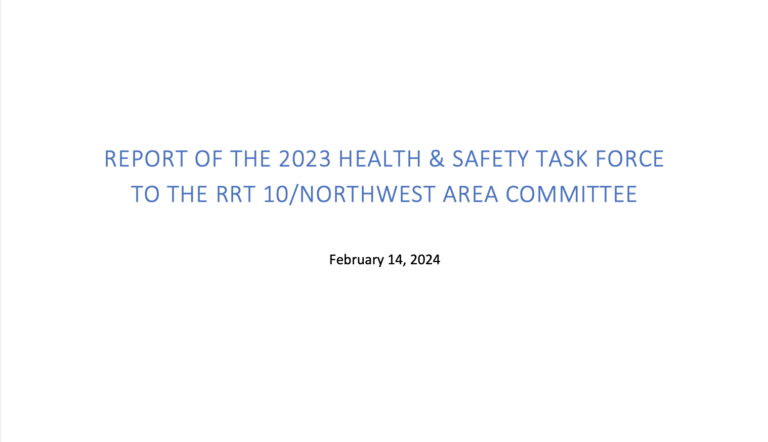Scientific Studies/Journals
Decadal density declines were found for seven of eight monitored species groups, including sperm whales (up to 31%), beaked whales (up to 83%), and small delphinids (up to 43%) after the Deepwater Horizon disaster.
2024 Study Finding: Decadal density declines were found for seven of eight monitored species groups, including sperm whales (up to 31%), beaked whales (up to 83%), and small delphinids (up to 43%) after the Deepwater Horizon disaster.
Read MoreCauses, Symptoms of Chemical Intolerance and Ways to Reduce Everyday Chemical Exposures
A Tutorial created by Dr. Claudia S. Miller, MD shows the causes and symptoms of chemical intolerance and ways to reduce everyday chemical exposure.
Read MoreLarge Population-Based Study of U.S Adults Analyze What Initiates Chemical Intolerance
A large population-based study of U.S. adults finds chemical intolerance is initiated by fossil fuel-derived toxicants from oil and natural gas, synthetic organic chemical derivatives like pesticides, and biogenic toxicants from mold and algal blooms.
Read MoreStudy Shows Improved Indoor Air Quality Lessens Chemical Intolerance Symptoms
A 2022 study published by Cambridge University Press shows that improved indoor air quality can lessen the symptoms of Chemical Intolerance after exposure to chemical inhalants.
Read MoreHealth & Safety Task Force Report Proposes Changes To Better Protect the Health of Workers and the Public During Oil Spills
A ground-breaking report identifies new programs and specific law changes to better protect worker health and public health during oil spills and chemical releases. The report is the initial work of the Health & Safety Task Force, co-chaired by ALERT and state officials from Washington and Oregon, that was chartered by the federal Regional Response…
Read MoreALERT Report Provides Nexus to Implement EPA Dispersant Use Regulations
Dr. Riki Ott’s report, “An Opportunity to Make it Right,” explains how EPA’s new rules for dispersant use during oil spill response (driven in part by ALERT’s lawsuit) provide an opportunity to institutionalize proactive state and local involvement in Area Committees to decide what dispersants to use, if any, during oil spill response. Ott recommends ways to get started,…
Read MoreMast cell activation may explain many cases of chemical intolerance (2021)
Explains how bodies respond to chemicals below levels thought “safe”
Read MoreToxicant-induced loss of tolerance for chemicals, foods, and drugs: assessing patterns of exposure behind a global phenomenon. (2021)
Chemical intolerances following 8 disasters – 9/11, Iraq War burning pits, BP Deepwater Horizon, and more
Read MoreHealth outcomes among offspring of US Coast Guard responders to the Deepwater Horizon oil spill, 2010–2011
Health outcomes among offspring of US Coast Guard responders to the Deepwater Horizon oil spill, 2010–2011 (Hall et al.) February 3, 2023
Read MoreFine Particulate Matter and Lung Function among Burning-Exposed Deepwater Horizon Oil Spill Workers (Chen et al., 2023)
Link to the Study Background: During the 2010 Deepwater Horizon (DWH) disaster, controlled burning was conducted to remove oil from the water. Workers near combustion sites were potentially exposed to increased fine particulate matter [with aerodynamic diameter ≤2.5μm (PM2.5)] levels. Exposure to PM2.5 has been linked to decreased lung function, but to our knowledge, no study has examined exposure…
Read More





